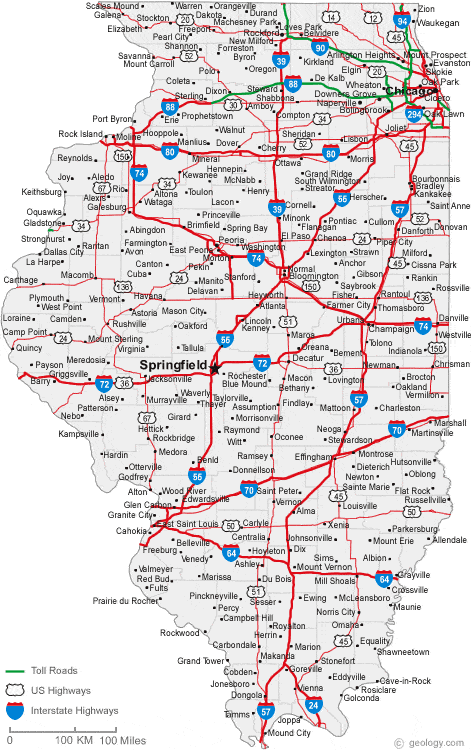Discussions on employment relationships in business, sports, the armed forces, and other odd places.
Monday, July 6, 2015
The Continuing Goofiness of Illinois Non-Compete Law
This is a terrific opinion by an Illinois intermediate appellate court that is well worth reading to get an understanding of the Grand Canyon-like fracture in Illinois noncompete agreements, and how courts are dealing with it.
The opinion lays out the application of what has recently been Illinois state courts' approach to the problem of adequate consideration for noncompete agreements, namely that an employee must be employed for at least two years after the effective date of the noncompete in order for there to be a valid contract. The dissent, brilliantly in my opinion, reviews the entire history of this odd, bright line requirement, and notes the fact that federal courts in Illinois, with one notable exception, have consistently refused to enforce this two-year requirement.
Thus, the fracture. If you are an employee seeking to avoid the consequences of signing a noncompete agreement, and you haven't been employed for two years from the date of the agreement (and you didn't receive some other form of equivalent compensation to two years of employment), then you need to make a beeline for state court to file a claim for declaratory relief. This type of claim allows the court to determine whether your noncompete is valid, and it's important that you, the employee, file before your employer figures out what's going on and files a breach of contract claim in federal court (assuming federal jurisdiction is available). Illinois state courts will almost certainly enforce the two-year bright line test; if your employer can get to federal court first, then it will likely find a judge who will refuse to enforce the standard.
This is obviously intolerable. But here in Illinois we specialize in working with the intolerable. There is a chance this divide will get fixed when the Seventh Circuit issues an opinion on a non-compete case later this year. But there's also a chance the appeals court will kick the issue over to the Illinois Supreme Court for an advisory opinion, further delaying resolution.
In the meantime, non-compete clauses require some careful thought about enforcement. I would tell employers to incorporate some type of declining bonus payout that erodes as the employee remains on the active rolls as consideration for any noncompete clause; if the employee leaves early, she gets a larger payout to support the non-compete agreement. I think this will pass muster, based on this opinion, and others like it.
UPDATE: While we wait for this all to sort out, here's a nice analysis of Illinois law regarding assessing the business interest protected by a non-compete, from the Seventh Circuit.
Labels:
Great Divide,
Noncompete,
noncompete provisions
Subscribe to:
Post Comments (Atom)

No comments:
Post a Comment